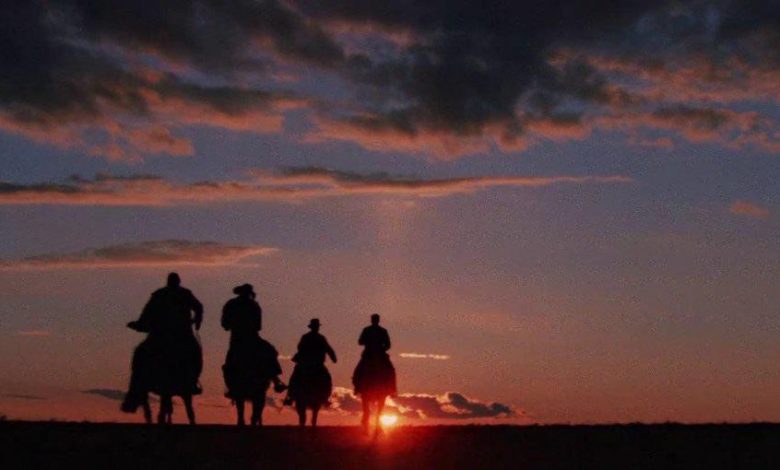
INDIANA JONES AND THE DIAL OF DESTINY: Spoiler-Free, Narrow-Minded Thoughts
After the fiasco that was 2008's Kingdom of the Crystal Skull, to say that expectations are high for Indiana Jones and the Dial of Destiny, which has been in theaters for a few weeks now, would be a shameless lie. Excluding people who are looking at this purely from a cons00mer's point of view ("it's the new Indiana Jones movie and, as a fan, I HAVE to see it and like it") or philosophically ("hey, how many more times in our lives are we going to get the chance to see a new Indy movie..."), I'd say the atmosphere surrounding the film's release is something between complete indifference and "let's get this over with".
With this latter mindset I approached the film personally a few days ago, and the result... surprised me, in a bad, bad way. Dial of Destiny manages, if it's ever possible, to be worse than Crystal Skull in parts, both as a film in general and, more importantly, as an Indiana Jones film in particular.
That was to be expected, you might say - lousy movie, goodbye Indy, moving on. As a typical guy who tends to over-analyze things, however, I have to write 2-3 more lines on the subject, perhaps so that I myself can fully realize what I saw in the 2 and a half hours or so (!) that the film lasts. After all, my past with Indy, both cinematically and in the legendary PC adventure games of our youth, would not allow me to simply drop the issue.
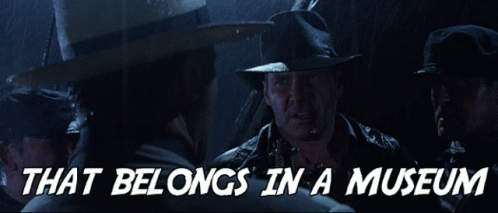
To understand where Dial of Destiny fails, we should perhaps first briefly look at why Indiana Jones is such a "big deal" as a character, arguably among the greatest cinematic heroes of all time. Indiana Jones may have started as a simple idea of George Lucas to bring the epic action movies of the 30s and 40s into the "modern era" of the 70s-80s, but it became something much bigger than that: the hat, the whip and the brown leather jacket are instantly recognizable cultural icons, scenes and lines from the films are among the most distinctive in the history of cinema, John Williams' Raiders theme brings goosebumps no matter how many years pass. Some poor souls might even have something to say about how they built their entire professional careers on the excitement a cinematic archaeologist made them feel when they were young, but let's not get into that.
The reasons for Indiana Jones' popularity are easy to pinpoint. On one hand we have the fact that Indy is the archetypal, "man's man" action hero of old: he throws punches, shoots guns, casually murders his enemies without breaking a sweat, drives all types of vehicles with ease and also destroys them all in a variety of ways, is constantly one inch away from death but miraculously always escapes at the last minute... And, of course, in the end, he always gets the girl (unless the girl is an over-ambitious Nazi who values the Holy Grail more than her life, but what can you do).
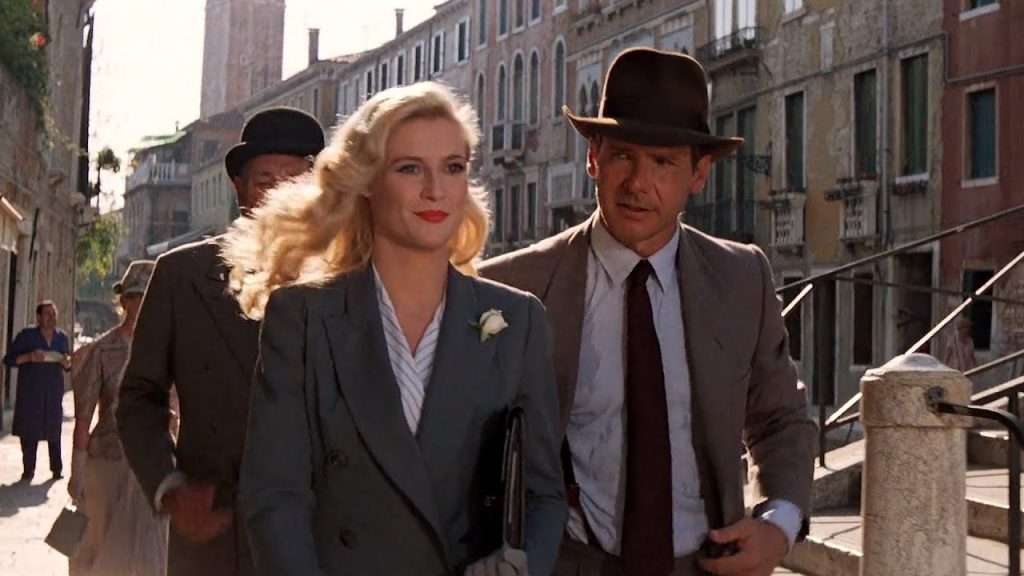
On the other hand, of course, the fact that, although an action hero, he is not a mindless and one-dimensional piece of meat but a brilliant, thinking man. Despite the fact that, in terms of reality, what he practices is more tomb raiding than archaeology, nevertheless, as a film professor he has extensive knowledge of the antiquity, which allows him to solve puzzles and ancient mysteries, while beyond his fists and his revolver he just as often uses his brain to escape from his enemies or from situations of danger, to make witty humour and to throw out poisonous one-liners.
To the above reasons we must surely add the timeless tendency of humanity to be fascinated by ancient civilizations and mysteries, which makes Indy's predominant field of action and glory an attractive product for the public. One last but essential feature must also be added, Harrison Ford himself: as is of course true of Han Solo, Lucas' other character played by the actor, Indy IS Ford, with his unmistakable charisma in his portrayal of the role making it practically impossible to imagine another actor in his place.
So what do we see in Dial of Destiny? Let's get the purely cinematic stuff out of the way. The action scenes are mostly boring, uninspired and overly long for no good reason. The humor is abysmal and falls completely flat. The switching between scenes and the introduction (and death) of new characters is done quite abruptly and clumsily (perhaps to keep the film from reaching 3 hours). Even script-wise, I would say the stakes are quite underwhelming compared to the first films and even compared to Crystal Skull - where once Indy had to deal with entire armies of Nazis, Soviets, and even Indians performing human sacrifices and brainwashing on minors, now for most of the film he has to deal with literally just a Nazi scientist and his 5-6 thugs, who are looking for The Thingy™. There are the obligatory Indy trips to various historical locations around the globe, but these, like most of the film's events, feel entirely procedural in nature. "Hmm an Indy movie has to have travel, let's put it in, it has to have fistfights, let's put some in, it has to have at least one car chase, let's throw that in too." The result is more reminiscent of a lifeless supermarket list of ticked off products that are "essential" rather than anything particularly memorable and/or entertaining.
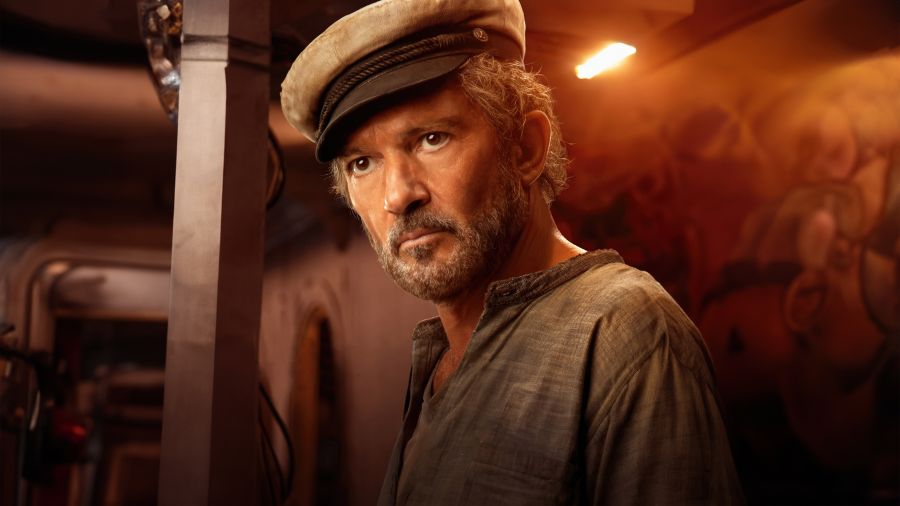
In an attempt to avoid spoilers I won't delve into the last act of the film, which is like someone took the finale of Crystal Skull and said "hmm, I wonder how I can make it even more ridiculous". The truth is that at least in the ridiculousness the thing almost becomes interesting, like watching a mindless b-movie or playing a match of nazi zombies in a Call of Duty game, and that in itself ends up elevating the finale above the rest of the completely unmemorable film, if only for the wrong reasons.
But in Dial of Destiny we see some other things, much deeper and more serious in terms of the bigger picture. Most notably, we see Indy, and also Harrison Ford... OLD; in the context of the film, Indy is a 70-year-old professor about to retire, and Ford is now 81 years old, bless his heart. It's easy for anyone to imagine the problem: it is now virtually impossible for both Indy and Ford to replicate the "Action Man" status the character established in the first films. Indy/Ford in the film can literally barely run, let alone throw punches or use physical violence to advance his archaeological interests. And it's perhaps quite ironic that we have to resort to CGI and digital de-aging to see an Indy in his glory days during the opening act of the film, taking on the Nazis at the tail end of World War II.
Inevitably, for most of a film bearing his name, Indiana Jones himself is a mere observer to the action or, at best, driving a vehicle in a clumsy manner during some boring and unnecessarily long chase scene on the streets of a city, while the task of carrying out the bulk of the action falls largely on the "new blood" surrounding him, namely the characters of Helena and the young "not-Short-Round" (I forget his name and am too bored to look it up). Particularly with regard to Helena, I would say that there is an attempt by the filmmakers to give her many of the characteristics we would see in the old Indy: bravado, over-confident energy, attempts at humor (with the results being, objectively, tragic), an obvious tendency to fool around sexually, and an equally obvious tendency to sacrifice ancient relics on the altar of profit (just as Indy does in the introduction to what is essentially a prequel, Temple of Doom, where he attempts to trade the ashes of a Chinese Emperor for a precious diamond).
I don't think Helena is a bad character per se (on the contrary, I'd say she ends up being a more interesting character compared to Indy). It just hits a bit hard when she takes the baton from the supposed protagonist. Presumably the studio execs intend to establish her as a heroine in a spin-off film or series, but Disney's business considerations don't concern me at the moment.
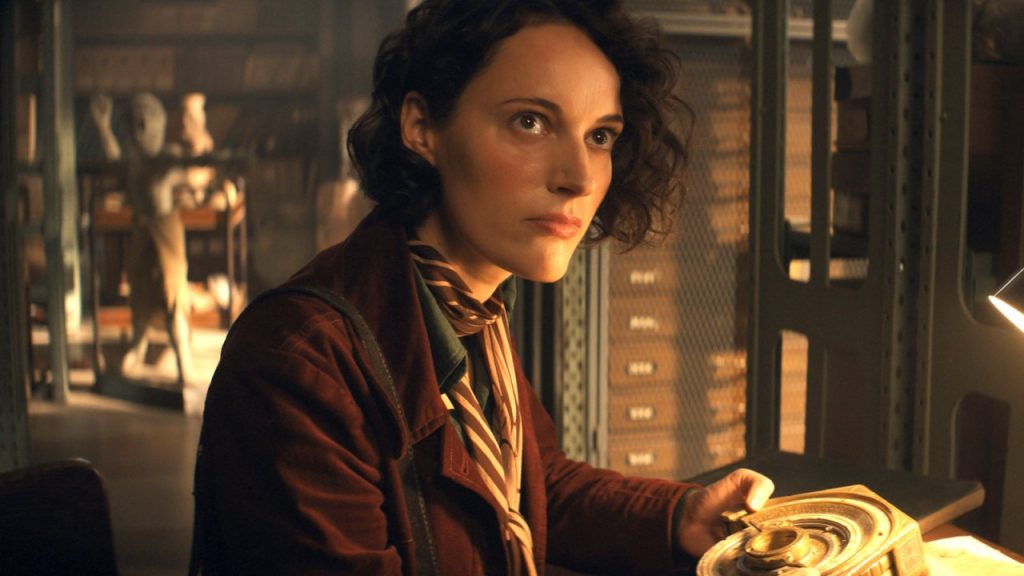
"And what did you expect you clown", some passionate but rude reader of your favorite website might ask, "as the years go by, isn't it logical that Indy gets old and acts like an old man?". Yes, it makes sense. But this is something that I DO NOT WANT TO SEE, nor is it a basis for an authentic Indiana Jones move. Imagine if there was a Die Hard 6 coming out where a super-old John McClane (played by a Bruce Willis who literally has dementia) gets beaten up by Hans Gruber's grandson while his young assistant saves the day with fists and gunfights. Or a new Aliens in which 75-year-old Ellen Ripley constantly receives beatings from a Xenomorph while her 10-year-old grandson kills the Hive Queen with a flamethrower. Yeah, it doesn't work that way. Like the characters above, Indiana Jones is more of a rugged and timeless action icon than a common human being. No matter how many years pass, we'll always want him to discover lost treasure, throw punches and fire guns, fight Nazis on a tank rolling off a cliff, do somersaults to avoid deadly traps, cut rope bridges in half and hang in the gap to escape enemies who end up in the mouths of crocodiles waiting below. We do NOT want him to remind us of the ravages of time and the futility of existence and human relationships, nor to be beaten up by men and women 40 years his junior, nor to be depressed by the sate of his family, nor to watch him at 70 years old crying because he "belongs in the past". I understand the tendency for "reality", "realism" and "real-life grounding" to invade all fictional entertainment media, and growing old is undoubtedly a part of life. But the magic of the Indiana Jones films lies precisely in their non-realism and is more or less comparable to the magic of a fairy tale. And the portrayal of the hero in Dial of Destiny feels like it's destroying a fairy tale I happened to grow up with.
Ultimately, of course, and with a maximum dose of cynicism, Indy is a commercial product. Regardless of the romantic and idealistic fanfares of nobodies like myself, the film was created primarily to bring immediate profit to Disney through a recognizable asset, perhaps to bring future profits through the launch of Helena as the heroine as I said above, and of course because Harrison Ford just wanted to pocket another million dollar salary in his 80s - who wouldn't have done the same in his place? Of course, things may not be going as the filmmakers planned, as the film seems to be floundering box office-wise. And that's really the most welcome news to come out of this story. Given the fact that Ford is not going to play the legendary hero again, perhaps it's best to end the tale here somewhere, close the franchise's cycle as a product with spin-offs and tie-ins and possible remakes and reboots etc (there are still PC games to come, of course - let's hope they won't be as painful) and stick with the memories.
Remember how great the finale of Indiana Jones and the Last Crusade was. Indy, his father, Marcus and Sallah have found the treasure, survived, mounted their horses and are literally riding off into the sunset. For the sake of our sanity, let's assume that the movie leg of the franchise ended right there, and the next few films were just a bad dream or unofficial fan fiction. Until someone makes a CGI/AI movie based on "Fate of Atlantis". Which non-ironically sounds intriguing.




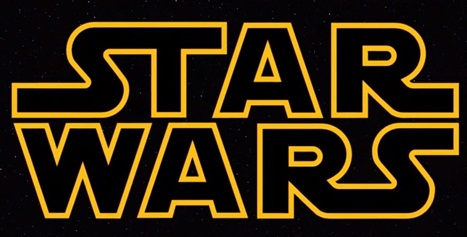
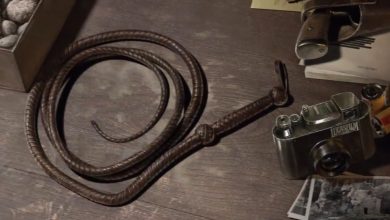

data-trpgettextoriginal=18 comments